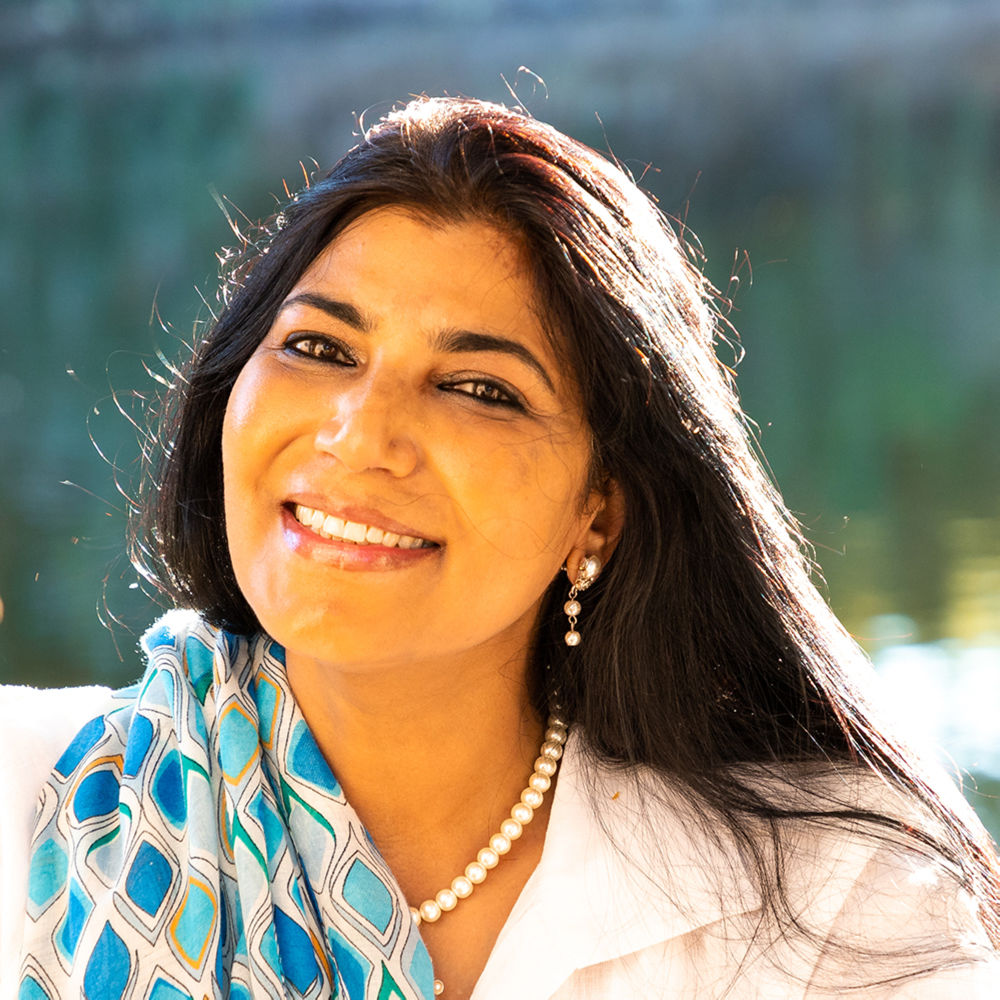What is Ayurveda?
We’re glad you asked! Ayurveda is an ancient Sanskrit word that means ‘life-knowledge’. For us and other practitioners of Ayurveda, it signifies our philosophical approach and our practice – the promise that all of our treatments are in accord with the principles of health in body, mind and soul.
Indeed, we know that beauty is a state of being intrinsically linked to inner harmony and wellness. To help you understand our holistic approach more fully, here is a little more information about Ayurveda and how it relates to your treatments at Prana.
Ancient origins
The origins of Ayurvedic medicine date back as far as five thousand years ago, the first recorded in what we know as The Vedic Texts of ancient India. The four Vedas, the oldest scriptures of Hinduism, were composed at various times from 1700 to 150 BCE… the Vedic period in Indian history.
From there Ayurveda flourished. Its principles and methods continued to be developed and recorded in the medieval period in India. They also spread beyond its borders and their popularity and success can be seen through translations into Chinese in the fifth century, and into Arabic and Persian by the eighth century. These translations reached Europe in the Middle Ages and continued to be popular into the Renaissance and beyond.
What are the principles of Ayurveda?
The underlying principles of Ayurvedic medicine include a system of Pancha Maha-Bhoota and Doshas, or elements and humours. Ayurveda shares with Hinduism the understanding that there are five basics elements that make up the universe: Prithvi ‘Earth’, Apas ‘Water’, Agni ‘Fire’, Vayu ‘Air’, and Aakash ‘Aether’ (the element that composes the universe beyond the earth’s atmosphere).
Each person is composed of a combination of three Doshas, each corresponding to two of these elements: Vata relates to Air and Aether, Pitta to Fire and Water, and Kapha to Water and Earth. Every individual has a unique combination of these Doshas, and this combination influences their physical constitution, their personality, and their health.
Ayurveda believes that understanding our unique constitution of Doshas enables us to understand ourselves and achieve balance from within… a happy medium which results not only in good health, but also emotional and spiritual wellbeing. In Ayurveda, all aspects of life affect wellness and a wide range of factors can cause an individual’s Doshas to become imbalanced, leading to problems with their physical, mental and spiritual health. Thus, balance is key.
Ancient meets modern – Ayurveda today
Founded in 1978, the modern centre for Ayurvedic research is the Central Council for Research in Ayurvedic Sciences, based in New Delhi. In addition to being the subject of modern research, Ayurveda continues to have a prominent place in therapeutic and aesthetic treatments. Each day, thousands of people all over the world benefit from this holistic approach to health, beauty and wellness.
Back home in Perth, you too can experience the life-giving properties of Ayurveda. Come! You are in safe, caring and professional hands…
Visit our Ayurvedic Massage page to make a booking at our Applecross salon.
Or take a moment to read our Ayurvedic Massage FAQs.

Author: Saroj Velho








